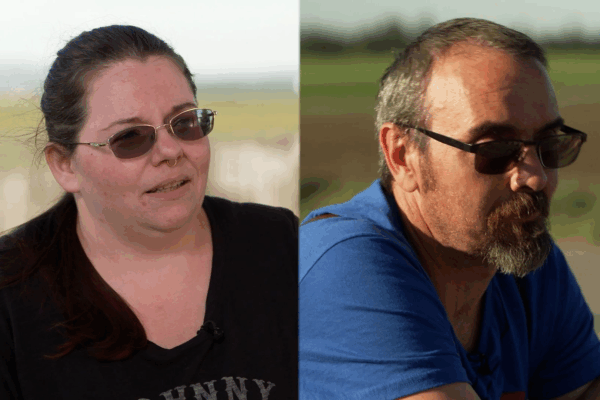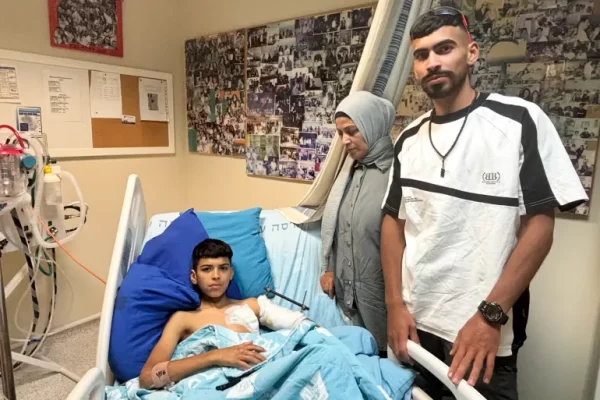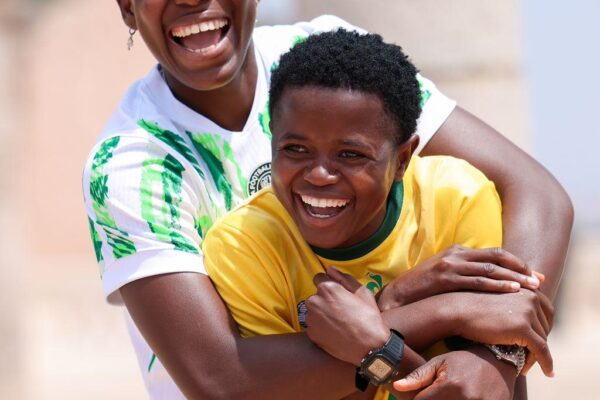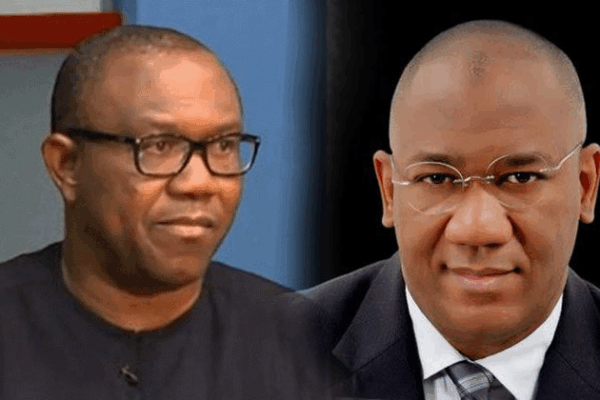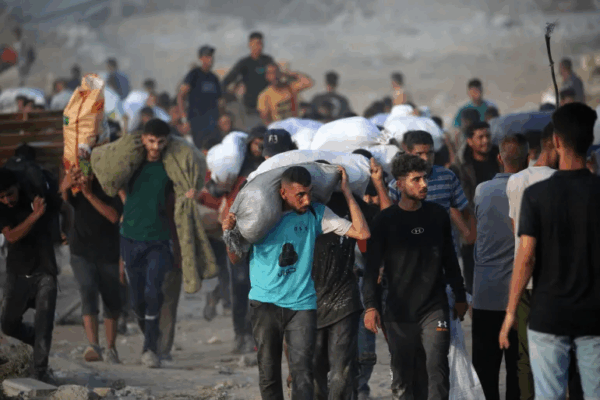
UN: Over 600 Palestinians Killed at Gaza Aid Sites and Near Humanitarian Convoys
Geneva, Switzerland – The United Nations has confirmed that at least 613 Palestinians have been killed at or near humanitarian aid distribution points and convoys in Gaza as of June 27, raising alarms about the dangers civilians face while trying to access lifesaving assistance. According to Ravina Shamdasani, spokesperson for the UN Office of the High Commissioner for Human Rights (OHCHR), the majority of the deaths—509 individuals—occurred near sites operated by the Gaza Humanitarian Foundation (GHF), a controversial aid initiative backed by Israel and the United States. “These sites are becoming death zones,” Shamdasani warned during a press briefing in Geneva on Friday. “This figure is not final. Since June 27, there have been further incidents.” The Gaza Health Ministry has reported even higher casualties, estimating over 650 killed and more than 4,000 injured around these aid points, which many critics and rights groups now describe as “human slaughterhouses.” The GHF began operations in late May, introducing a centralized food distribution model. However, humanitarian agencies, including the UN, have questioned the GHF’s neutrality and effectiveness, especially as violence around its sites persists. In a chilling account, Mahmoud Basal, spokesperson for the Gaza Civil Defence, said there is “evidence of civilians being deliberately killed by Israeli military forces.” “Some were shot by snipers, others targeted by drones and airstrikes as they waited for food and aid,” he stated. Meanwhile, Israeli military activity intensified on Friday, with medical sources confirming the killing of 41 Palestinians across Gaza in a single day. In Khan Younis, at least 15 people were killed after airstrikes hit al-Mawasi, a coastal area once designated a “humanitarian safe zone” by Israel. The Israeli military has also issued new evacuation orders for residents in eastern and central Khan Younis, including the area surrounding Nasser Hospital, raising fears of another wave of displacement in an already devastated region. Rights organizations and humanitarian agencies continue to call for immediate protection for civilians and accountability for attacks on aid seekers, warning that Gaza’s humanitarian catastrophe is worsening under direct and targeted violence.


